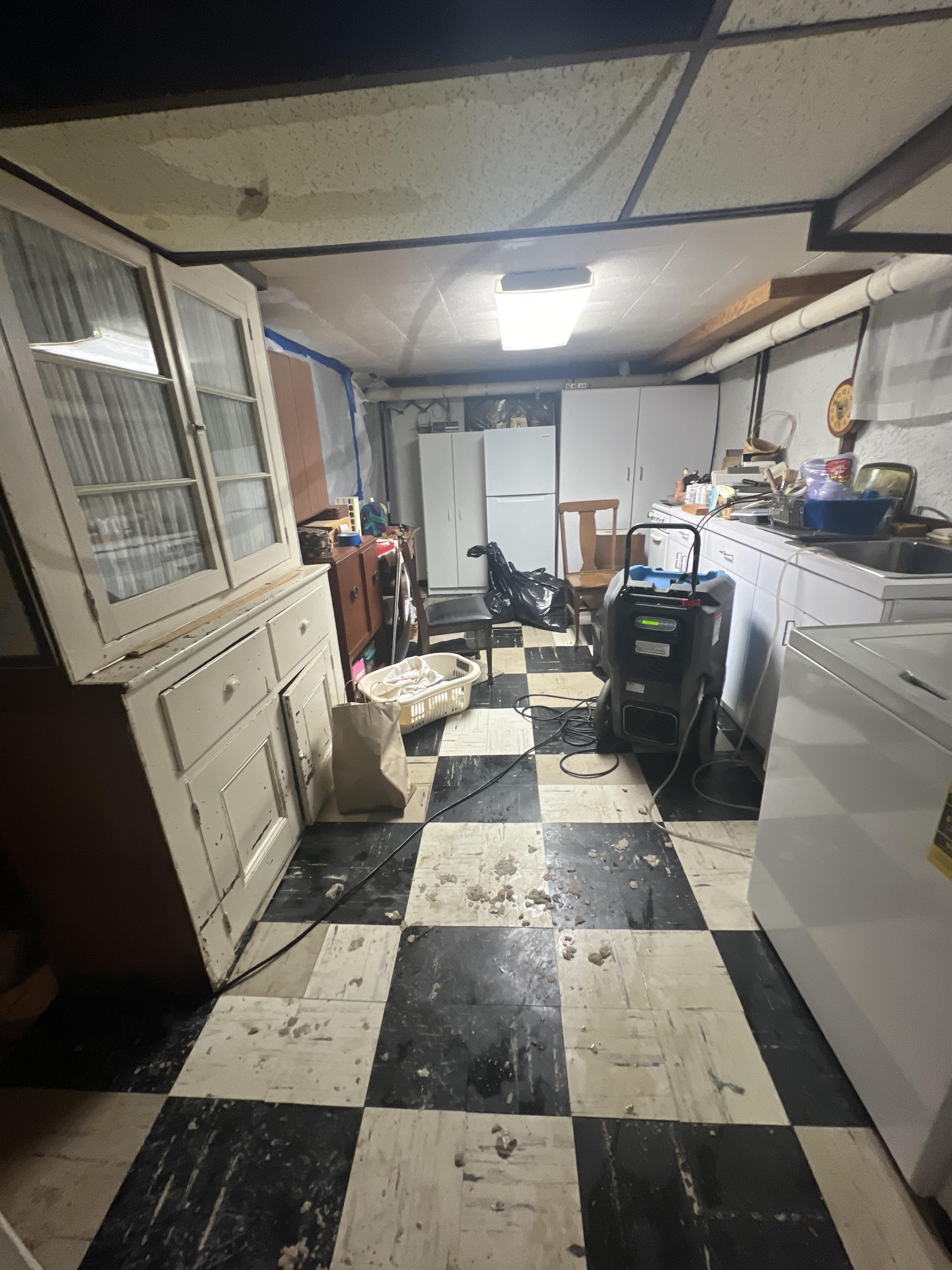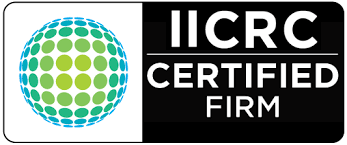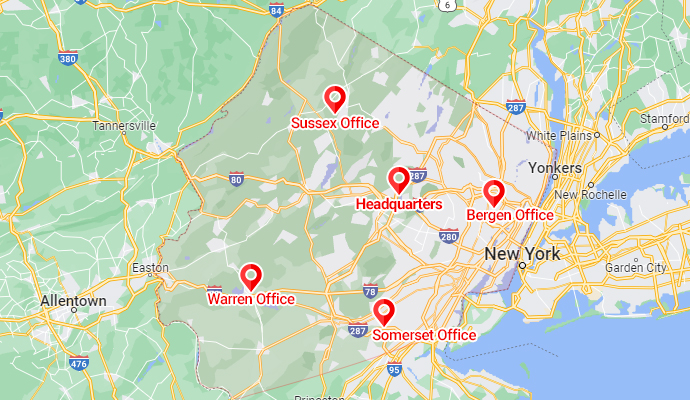How to Protect Your Home from Future Water Damage
Water damage can wreak havoc on your home, leading to costly repairs and potential health risks. Whether it's from a burst pipe, a heavy storm, or a simple plumbing mishap, preventing water damage is essential for maintaining a safe and comfortable living environment. Here are some key strategies to protect your home from future water damage, focusing on areas prone to wet, damp, and moisture issues like the bathroom, toilet, and sink, and ensuring your home remains clean and sanitized

Regular Maintenance and Inspections
Regular maintenance and inspections are crucial for preventing water damage. Here’s what you can do:
- Inspect Plumbing Systems
- Regularly check pipes for signs of leaks or corrosion, especially around the toilet, sink, and bathroom fixtures. Replace old or damaged pipes to prevent leaks.
- Check for Roof Leaks
- Inspect your roof for missing or damaged shingles and fix any issues promptly. Ensure that flashing around chimneys and vents is intact to prevent water from seeping in.
- Maintain Gutters and Downspouts
- Clean gutters and downspouts regularly to ensure they are free of debris. Properly functioning gutters direct water away from your home’s foundation, preventing moisture buildup and potential damage.
Improve Drainage Systems
Effective drainage systems are essential for protecting your home from water damage. Consider the following improvements:
- Grading and Landscaping
- Ensure the ground around your home slopes away from the foundation. This prevents water from pooling around the base and seeping into your basement or crawl space.
- Install a French Drain
- A French drain can help redirect water away from your home’s foundation. This underground drainage system collects and channels water away, reducing the risk of damp and wet conditions.
- Sump Pump Installation
- Install a sump pump in your basement to remove excess water. This is especially important in areas prone to flooding or high humidity levels.
Protect High-Moisture Areas
Bathrooms, kitchens, and laundry rooms are high-moisture areas that require extra attention. Here are some tips:
- Use Waterproof Materials
- Use waterproof paint and materials in the bathroom, kitchen, and areas around the sink and toilet. This helps prevent moisture from penetrating walls and causing damage.
- Install Exhaust Fans
- Install exhaust fans in the bathroom and kitchen to reduce humidity levels. This helps keep the air dry and prevents mold growth.
- Seal Tile Grout
- Seal the grout in your bathroom tiles to prevent water from seeping through and causing damage behind walls and under floors.
Regular Cleaning and Sanitizing
Keeping your home clean and sanitized can help prevent water damage and related issues. Here’s how:
- Clean Drains Regularly
- Clean the drains in your sinks, showers, and bathtubs regularly to prevent clogs. A clogged drain can lead to overflow and water damage.
- Sanitize Wet Areas
- Regularly clean and sanitize areas prone to moisture, such as the bathroom and around the sink. This prevents mold and mildew growth, which can damage surfaces and pose health risks.
- Check Appliances
- Inspect appliances like washing machines, dishwashers, and water heaters for leaks or damage. Replace old hoses and ensure connections are secure to prevent leaks.
Install Water Detection Devices
Installing water detection devices can provide early warning signs of leaks or moisture buildup:
- Water Leak Detectors
- Place water leak detectors near high-risk areas like the toilet, sink, and water heater. These devices alert you to leaks, allowing you to address issues before they cause significant damage.
- Smart Home Systems
- Consider integrating smart home systems that monitor humidity and moisture levels. These systems can send alerts to your phone, helping you take timely action to prevent water damage.
Conclusion
Preventing water damage requires proactive measures and regular maintenance. By inspecting plumbing systems, improving drainage, protecting high-moisture areas, and keeping your home clean and sanitized, you can significantly reduce the risk of water damage. Additionally, installing water detection devices can provide early warnings, allowing you to address potential issues promptly. These steps will help ensure your home remains safe, dry, and free from the damaging effects of water.
At PDQ Restoration, we take pride in offering expert water and fire damage restoration services to homeowners in North Jersey. With numerous positive reviews on Google, we are highly regarded for our professionalism, efficiency, and dedication to customer satisfaction. Trust us to keep your home safe and structurally sound.

















